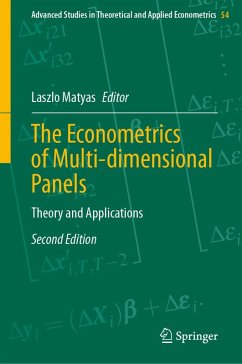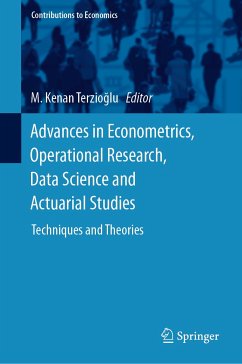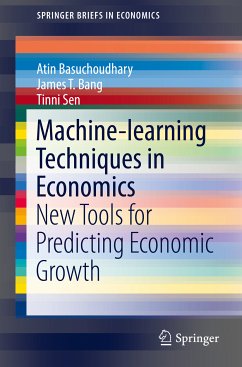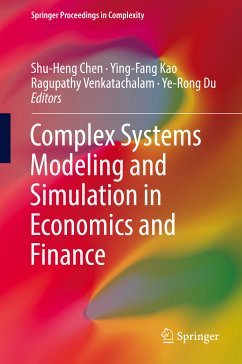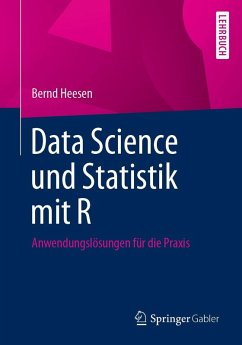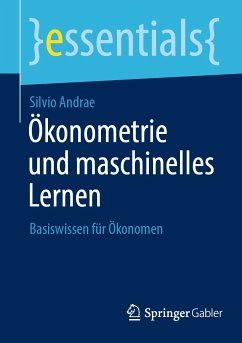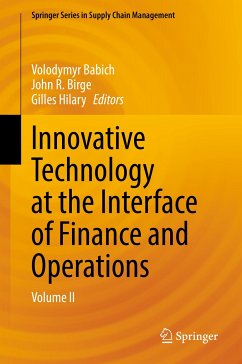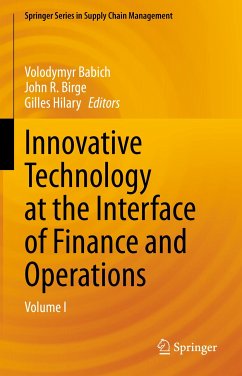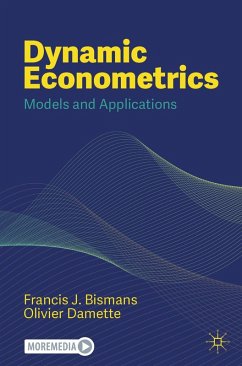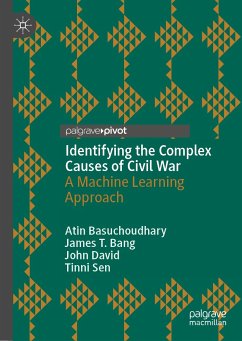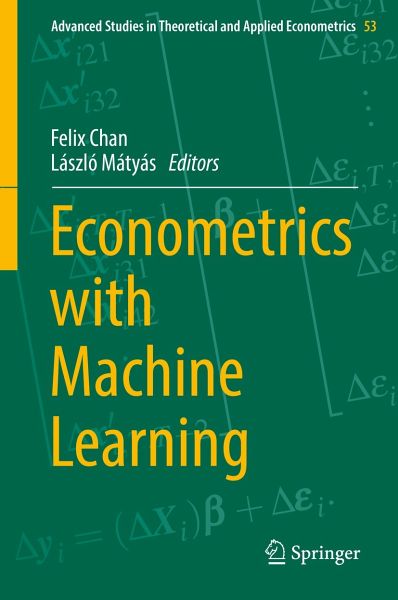
Econometrics with Machine Learning (eBook, PDF)

PAYBACK Punkte
60 °P sammeln!
This book helps and promotes the use of machine learning tools and techniques in econometrics and explains how machine learning can enhance and expand the econometrics toolbox in theory and in practice. Throughout the volume, the authors raise and answer six questions: 1) What are the similarities between existing econometric and machine learning techniques? 2) To what extent can machine learning techniques assist econometric investigation? Specifically, how robust or stable is the prediction from machine learning algorithms given the ever-changing nature of human behavior? 3) Can machine lea...
This book helps and promotes the use of machine learning tools and techniques in econometrics and explains how machine learning can enhance and expand the econometrics toolbox in theory and in practice.
Throughout the volume, the authors raise and answer six questions: 1) What are the similarities between existing econometric and machine learning techniques? 2) To what extent can machine learning techniques assist econometric investigation? Specifically, how robust or stable is the prediction from machine learning algorithms given the ever-changing nature of human behavior? 3) Can machine learning techniques assist in testing statistical hypotheses and identifying causal relationships in 'big data? 4) How can existing econometric techniques be extended by incorporating machine learning concepts? 5) How can new econometric tools and approaches be elaborated on based on machine learning techniques? 6) Is it possible to develop machine learning techniques furtherand make them even more readily applicable in econometrics?
As the data structures in economic and financial data become more complex and models become more sophisticated, the book takes a multidisciplinary approach in developing both disciplines of machine learning and econometrics in conjunction, rather than in isolation. This volume is a must-read for scholars, researchers, students, policy-makers, and practitioners, who are using econometrics in theory or in practice.
Dieser Download kann aus rechtlichen Gründen nur mit Rechnungsadresse in A, B, BG, CY, CZ, D, DK, EW, E, FIN, F, GR, HR, H, IRL, I, LT, L, LR, M, NL, PL, P, R, S, SLO, SK ausgeliefert werden.



